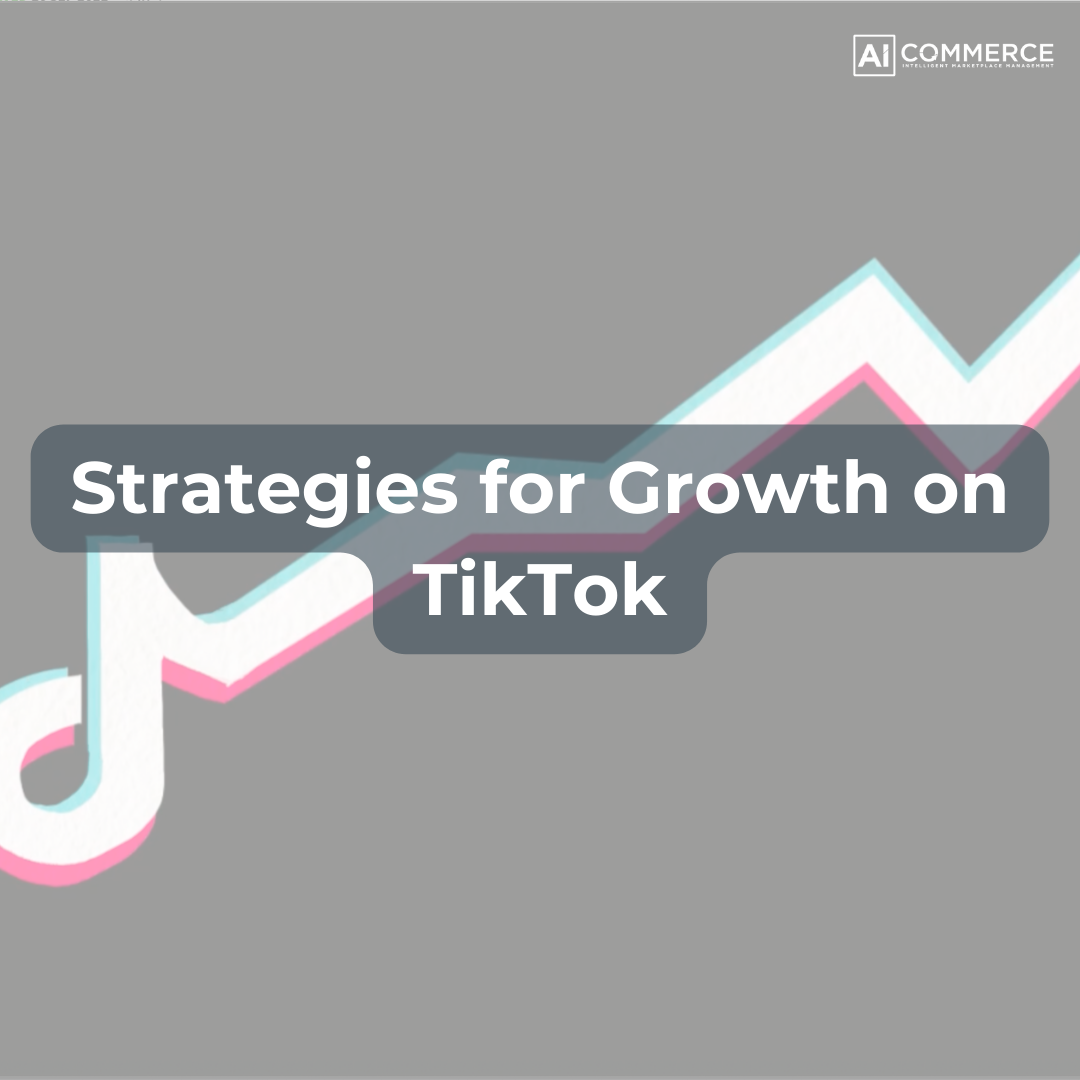The eCommerce Tsunami: Navigating the Implications of a US TikTok Ban
In the digital landscape, platforms rise and fall, but few have made waves quite like TikTok. With its explosive growth, this social media powerhouse has become a cornerstone for brands, influencers, and businesses alike. However, recent geopolitical tensions have put TikTok's future in the United States in jeopardy. A potential ban on TikTok could send shockwaves through the eCommerce world, reshaping how businesses engage with consumers and tapping into the fundamental shifts in digital marketing.

Why is a Ban a Potential Outcome?
On March 13, significant developments occurred within the U.S. Congress regarding the widely-used social media platform TikTok. The House of Representatives passed a bipartisan bill, signaling a significant step forward. This bill mandates TikTok's Chinese owner, ByteDance, to divest the company within a strict six-month timeline or potentially face a government-imposed ban.
Amidst ongoing discussions about the potential ramifications of such governmental actions, much attention has been directed towards issues surrounding freedom of speech and national security. However, the broader economic implications of this proposed ban have not received as much attention. Notably, the disappearance of TikTok would wield a distinctive and immediate financial impact, particularly for American businesses and those operating on platforms like Amazon.
TikTok has rapidly ascended to become one of the fastest-growing social media platforms, boasting over 150 million monthly users in the United States alone. Its surge in popularity coincided with the COVID-19 pandemic, which precipitated a significant surge in online shopping activities. Consequently, TikTok has been closely monitored for its transformative influence on consumer purchasing behaviors, with brands, sellers, and creators alike capitalizing on its potential.
However, the potential success of Congress in implementing a ban on the app could swiftly alter this landscape. The abrupt disappearance of TikTok would not only disrupt established consumer behaviors but also challenge the existing revenue streams of businesses, sellers, and creators who have leveraged the platform for marketing and sales purposes.
In essence, the fate of TikTok holds substantial economic implications that extend far beyond its user base. As Congress maneuvers to enforce potential bans, the eCommerce ecosystem faces uncertainty, necessitating strategic adaptations to mitigate potential disruptions and capitalize on emerging opportunities in the ever-evolving digital marketplace.
Implications of a TikTok Ban
- The Loss of a Dynamic Marketing Channel
- TikTok has emerged as a goldmine for eCommerce marketers, offering a unique blend of entertainment and commerce. Its algorithm-driven content discovery has allowed brands to reach massive audiences with engaging, user-generated content. TikTok Shop in particular, has allowed eCommerce brands to reach new audiences. With 33.3% of TikTok users making purchases via TikTok Shop this year, a ban would result in a loss in access to this dynamic marketing channel, forcing brands to reassess their strategies and find alternative platforms to connect with their target demographics.
- Disruption in Influencer Marketing
- Influencer marketing has thrived on TikTok, with creators building loyal followings and driving significant product sales through sponsored content. A ban would disrupt this ecosystem, leaving influencers and brands scrambling to find new avenues for collaboration. Consumers also trust influencers, with 78% of TikTok users purchasing a product after seeing it promoted by an influencer. Businesses heavily reliant on TikTok influencers may see a decline in their reach and sales, necessitating a shift in their influencer marketing strategies towards other platforms like Instagram or YouTube.
- The Rise of Competing Platforms
- In the wake of a TikTok ban, competing platforms would likely capitalize on the vacuum left in the market. Short-form video platforms such as Instagram Reels and YouTube Shorts would intensify their efforts to attract both users and advertisers. eCommerce businesses would need to adapt quickly, diversifying their presence across multiple platforms to maintain visibility and engagement with consumers.
- Data Privacy and Security Concerns
- The primary reason behind the potential ban on TikTok is concerns over data privacy and national security. While this move aims to protect user data, it also underscores the importance of data security for eCommerce businesses. Regardless of TikTok's fate, businesses must prioritize data protection measures to build trust with consumers and safeguard sensitive information from potential breaches.
- Opportunities in Emerging Markets
- For eCommerce businesses with global ambitions, a US TikTok ban could signal a shift towards emerging markets where TikTok continues to thrive. Countries like India, where TikTok was previously banned but later reinstated, offer vast opportunities for businesses looking to expand their reach. By diversifying their geographic focus, eCommerce brands can mitigate the impact of a potential ban and tap into new growth markets.
- Innovation in Content Creation
- The TikTok ban could spark innovation in content creation as businesses explore alternative formats and platforms to engage with audiences. From interactive live streams to augmented reality experiences, eCommerce brands would need to experiment with new storytelling techniques to capture consumer attention and drive conversions. Embracing creativity and agility in content creation will be crucial in navigating the evolving digital landscape.
- Regulatory Uncertainty and Compliance Challenges
- The prospect of a TikTok ban highlights the regulatory uncertainty surrounding social media platforms and digital technologies. eCommerce businesses must stay abreast of evolving regulations and ensure compliance with data protection laws and content guidelines. By adopting a proactive approach to regulatory compliance, businesses can mitigate the risks associated with potential bans and regulatory crackdowns.
- The Importance of Diversified Marketing Strategies
- In light of the uncertainty surrounding TikTok's future, eCommerce businesses must diversify their marketing strategies to reduce reliance on any single platform. Investing in owned channels such as websites, email marketing, and mobile apps can provide greater control and autonomy over branding and customer engagement. Additionally, exploring niche social media platforms and emerging technologies can help businesses stay ahead of the curve and reach untapped audiences.
The potential ban on TikTok in the United States sends ripples of uncertainty throughout the eCommerce industry, prompting businesses to rethink their marketing strategies and adapt to a rapidly changing digital landscape. A full guide to this potential ban can be found on the JungleScout website. While the implications of such a ban are significant, they also present opportunities for innovation, expansion, and resilience. By staying agile, proactive, and diversified, eCommerce brands can navigate the challenges ahead and emerge stronger in a post-TikTok era.
More About aiCommerce
aiCommerce is a global digital marketing agency with a focus on retail and eCommerce marketplaces. aiCommerce can help your brand grow across eCommerce channels to gain brand awareness, visibility, and increase sales, all backed by our 90-day guarantee. Now is the perfect time to utilize our eCommerce experts to help grow your business. Click the button below to learn more!




